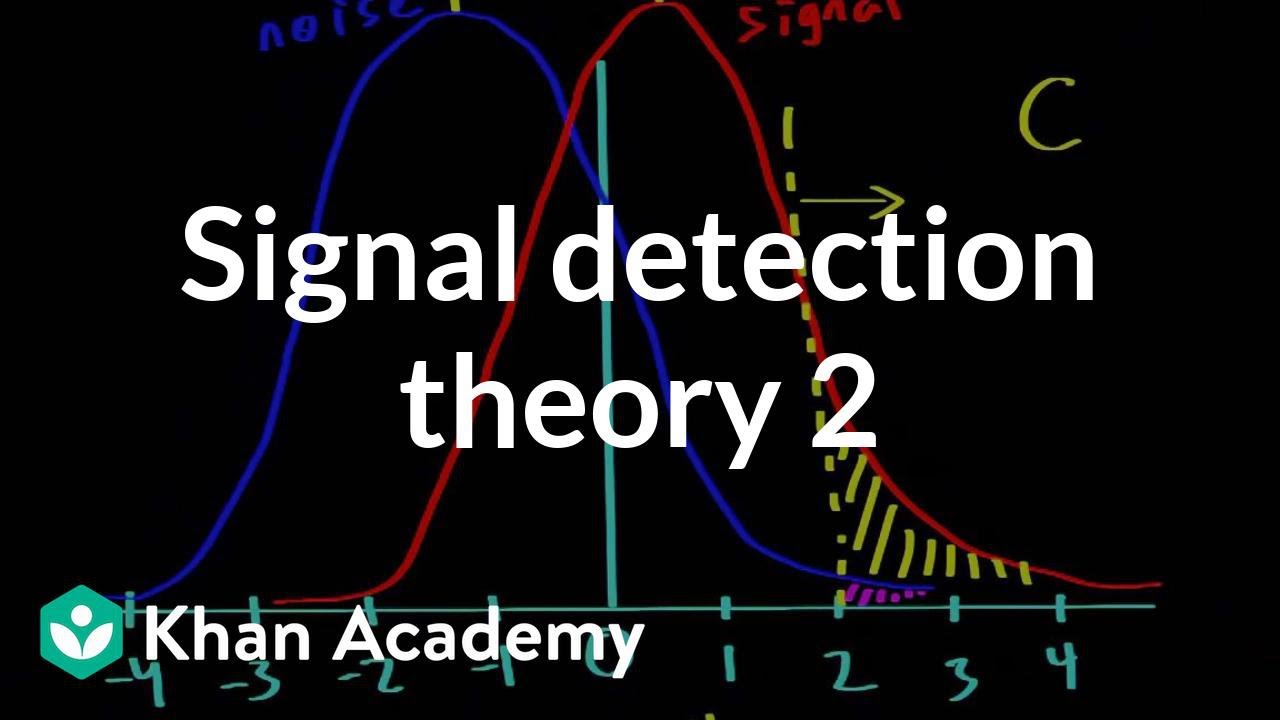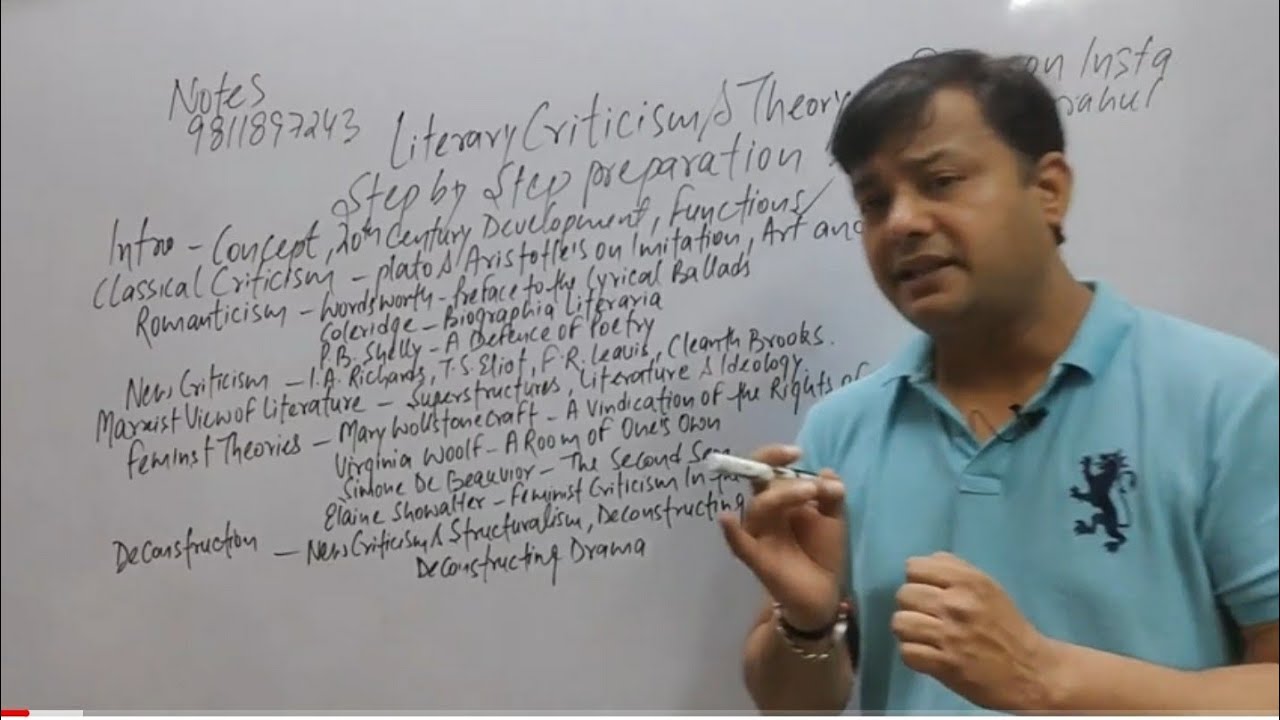Brian Rideout
On how Postmodernism evolved in the 20th century, and its core aim of dissolving the notion of objective truth.
I also discuss how postmodernism and derivative ideologies like gender feminism, has taken on a drug-like quality through the use of gnostic consciousness, without first creating the necessary framework to understand the gnostic experience.
Finally I discuss how this addictive quality, combined with the manner in which methods of Art and Literary criticism are taught in a way that progressively distracts from critical thought about the frameworks used by postmodernism, acts like a drug to keep students participating in postmodernist ideologies.
This video is in part a response to John the Other’s “Anti-Rational” video: http://www.youtube.com/watch?v=Ri40X43Bpjo&feature=share&list=UU255AfKquZnQMO0amxdEGWw
Source




Very insightful video. From what I understood, it seems like each interpretation of post-modernist thought creates a narrative lens from which to view reality, though no tool within post-modernist teaching critically examines each of these lenses to see whether or not it can be used to make accurate, verifiable assessments of objective fact. From what I understood, post-modernism rejects the notion of objective facts and that these are simply a form of social construct. Am I correct in this assessment?
Flash Mobs are the logical real-world conclusion of Situationism. And Occupy was essentially one big flash mob pretending to be a protest.
The situatationists fascinate me by their sheer absurdity. To remove "spectacle" and ritual (as control systems) from human experience, they proposed a creating a world in which everything was performance art, and no standards of gravity could survive, save as performance. That this would give people the opportunity to have a life that they chose.
Maybe there is a point in there & maybe there isn't; I haven't decided. But certainly applying it is not tenable nor functional… much like Occupy.
Thanks for the reply. I was just reading that the Occupy Wall Street protests were influenced by the French 'situationists' who were all about the liberating experience of camping out in the park. Frederick Douglas said "power concedes nothing without a demand" but these people were against making any demands because that would make OWS mainstream (uncool) and they would get "co-opted" by the Democratic Party (isn't that the point?). It's interesting how anti-rationality defends the status quo.
Thanks for commenting, Pathocrat, that's a useful example.
I love Kerouac, however I think his vision, especially in "On the Road" is a good example of untenable postmodernism. OtR, like most of Kerouac's work, holds that the holy & divine is found in the deeply subjective experiences of outcasts &rebels; that only by turning inward & refusing to acknowledge our traditions can you be holy.
The book is beautifully written, but the message invites a directionless life of selfish introspection.
Great video. Back in the day Kerouac's "On the Road" was pimped out hard by the NYT book review ensuring its success. "Its publication is a historic occasion in so far as the exposure of an authentic work of art is of any great moment in an age… there are sections of "On the Road" in which the writing is of a beauty almost breathtaking". And of course the meaning of the novel that is just so profound is that only the mad are truly alive or sane or some shit.